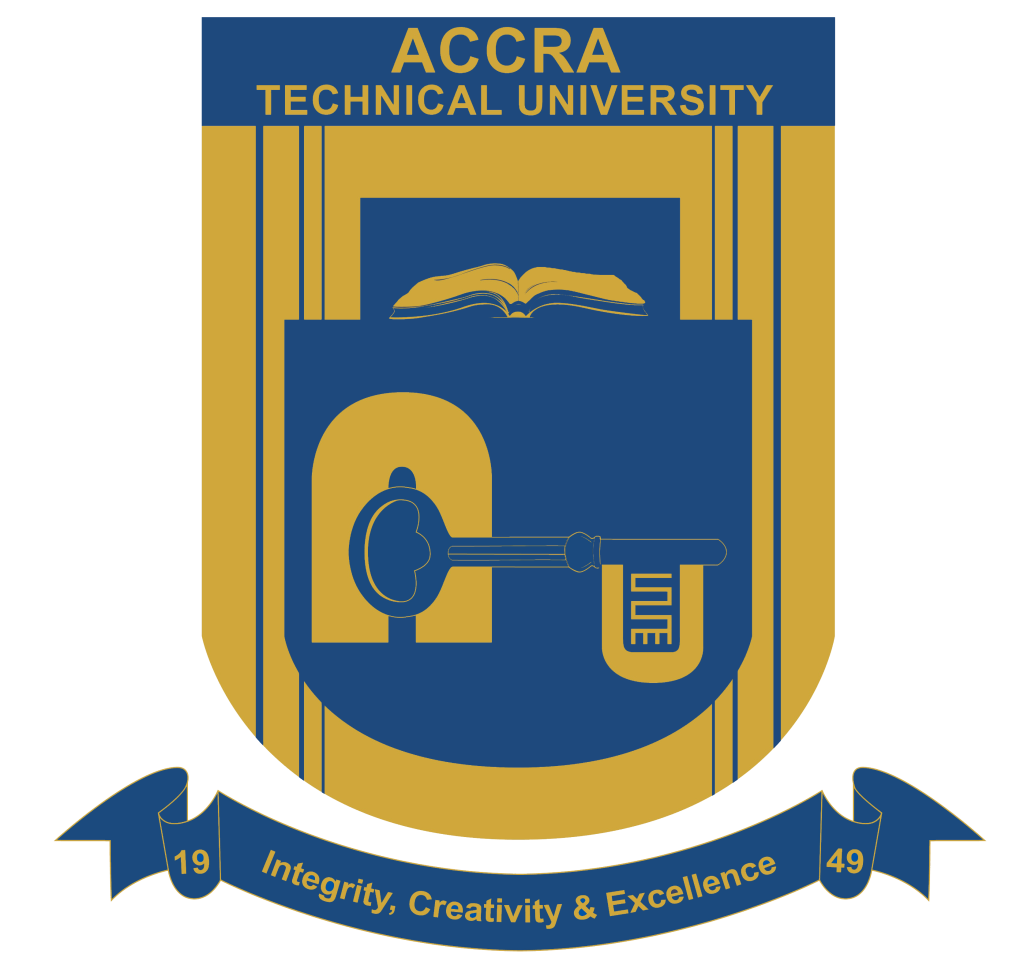Accra Technical University, in partnership with Design Thinking Ghana Hub, has organised a specialised training programme on Design Thinking methodology under the Africa Health Research and Innovation Project (AHRIP), a project executed by Accra Technical University, with funding from the RISA Fund through the Foreign, Commonwealth, and Development Office.
Aimed at bridging the gap between research and development in the health sector by using design thinking to address real-world challenges, the event brought together lecturers from various faculties on 5th and 6th November 2024 at the University Auditorium. The two-day training featured participatory activities focused on adopting the design thinking approach as a tool for innovative solutions to societal problems.
The Chairperson of the event and AHRIP Principal Investigator, Professor Alice Constance Mensah, welcomed the participants and stressed the importance of applying design thinking principles to create meaningful, sustainable change in research and innovation, regardless of the field of study. She highlighted the need for a multi-disciplinary approach to tackling some of the most pressing issues facing the African health sector today.
Throughout the event, facilitators from Design Thinking Hub, Dr. Gordon Adomdza, and Mr. Eugene Eluerkeh engaged participants in interactive discussions and collaborative exercises that explored the various stages of the design thinking process—from empathy and problem definition to ideation. Attendees were encouraged to adopt a human-centred mindset, putting the community’s needs at the centre of their innovation efforts.
In smaller groups, participants worked on various issues bothering their immediate surroundings, applying design thinking tools to identify key pain points and develop user-centred solutions. These group activities encouraged cross-disciplinary collaboration and allowed attendees to experience firsthand the power of design thinking in solving societal issues.
At the end of each session, groups presented their proposed solutions to the larger audience. These presentations were met with constructive feedback from fellow participants and facilitators, further refining the ideas and encouraging continuous improvement.
In her closing remarks, Professor Mensah thanked participants for their active involvement in the two-day programme and encouraged them to exhibit the same commitment in the online sessions yet to take place. She encouraged all attendees to take the insights and strategies learnt during the training to their respective departments and continue exploring how design thinking can drive impactful change in their teaching methodologies.
